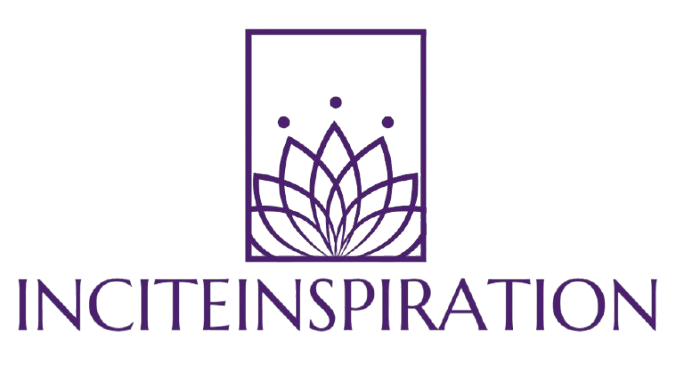I woke to sunlight spilling through my curtains and my mother’s brisk voice calling me from the kitchen. It was Saturday—normally a day for bike rides and carefree laughter—but today felt different. She swept into my room, threw back the drapes, and announced, “Time to go. We have work to do.”
Perplexed, I climbed into my schoolgirl outfit—the crisp white blouse and navy skirt my mother had chosen for me the night before—and joined her on the front porch. Moments later, a dark sedan rolled up, its driver snapping to attention in a green beret. My mother’s friends called him “the Captain.” He opened the door with military precision, and I climbed in, clutching my leather satchel.
We didn’t drive far. After parking near a grand stone courthouse, we carried folding tables and vivid posters onto the busy sidewalk. The banner above our booth read in stark black letters: STOP THE H‑BOMB. Foot traffic hummed around us—businessmen in ties, mothers pushing strollers, curious teenagers with earbuds dangling.
“Can you tell me the difference between the A‑bomb and the H‑bomb?” a passerby asked, leaning over to study our signs.
My mother knelt beside me. “The hydrogen bomb is far more powerful—a thousand times worse than the atomic bombs you’ve read about,” she explained quietly. I’d heard about Hiroshima and Nagasaki in history class, but imagining a device thousands of times deadlier sent a chill through me.
“How many tests have there been so far?” another woman pressed, her brow furrowed.
“Several,” replied one of my mother’s friends. “Country after country has tried them. Each new test makes our world that much more dangerous.”
From behind our table, I spotted an elderly gentleman stepping gingerly from a low-slung car. He moved with two polished canes, his silver hair shining beneath a neat cap. A journalist approached him, notebook in hand.
“The atomic bomb was an abomination,” the man intoned, “and we stopped it—at least for now. But the hydrogen bomb—now that’s madness.”
He paused, scanning our little crowd, until his eyes came to rest on me. “And you, young lady,” he said, leaning close. “When Einstein is scared, I’m scared too.”
I blinked. “Everybody’s scared, isn’t he?” I replied.
“Exactly,” he nodded. “If Einstein—the man who taught us the secrets of the atom—is frightened, we all should be.”
A thrill ran up my spine. My parents had shown me photographs of mushroom clouds, of skin dripping from survivors. I’d felt horror, but now I felt purpose.
My mother saw the spark in my eyes and turned to the Captain. “She wants a sign,” she whispered.
I stepped forward and told him what to write: WHEN EINSTEIN’S SCARED, I’M SCARED. He flipped a blank poster over, scrawled the words in bold letters, and tied string to the top so it hung around my neck like a sandwich board.
With the slogan swinging at my back, I marched up and down the block. Pedestrians paused to read. Some nodded grimly; others paused only to take quick photos. I held my head high, feeling the weight of responsibility settle on my shoulders like a proud medal.
A rough hand gripped my shoulder, and a gruff voice behind me asked, “Do you have a license for that?”
Before I could answer, another voice cut in. “Leave her be.” I felt the hand release me. I dared not look to see who’d intervened; I was too busy watching the world react to my sign.
Suddenly, I heard a familiar voice: “May I take your picture, ma’am?”
I turned and found my father standing in his rumpled suit, a camera slung around his neck. He knelt down, gave me a warm hug, and said, “You look so grown up.” He snapped a photo, then helped me carry the sign back to the car.
That afternoon, we stopped for tomato soup and crackers in a small diner. My mother recounted how many names they had collected—dozens of pages filled with signatures, declarations of hope against the coming threat. Then we ran errands as though nothing extraordinary had happened: groceries, a visit to the library, a crowning trip to the bakery for a slice of cherry pie.
The next morning dawned quietly. With my sign folded carefully in my basket, I hopped onto my bicycle. As I pedaled the familiar loop around our block, I felt the sign bump gently against my back, a reminder that even kids have a voice. Neighbors peered from their windows, and some wave tentatively, no doubt recalling yesterday’s protest beneath the courthouse steps.
“Places to go, things to do,” my mother had said. And there I was—just a kid in a school uniform—making meaning of that proclamation in the only way I knew how.

